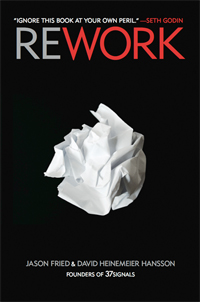We visited several business school campuses in California last year, and we thought we would share some of our video footage, so that prospective students can get a little glimpse of life on campus and the surrounding areas.
Video Impressions of UC Berkeley Haas from FIND MBA on Vimeo.
This clip is from our visit to UC Berkeley Haas School of Management. The campus is situated up on a hill overlooking the San Francisco Bay. It is full of top-notch programs in the sciences, law, journalism, and other disciplines, so there’s a real intellectual vibrance here. The university also has a long history by California standards, but of course not as long as schools like Oxford or Heidelberg that have been around for centuries. Berkeley was a hotbed of student revolt and alternative movements during the sixties, and there are remnants of this on campus, course offerings, and off-campus life in Berkeley.







